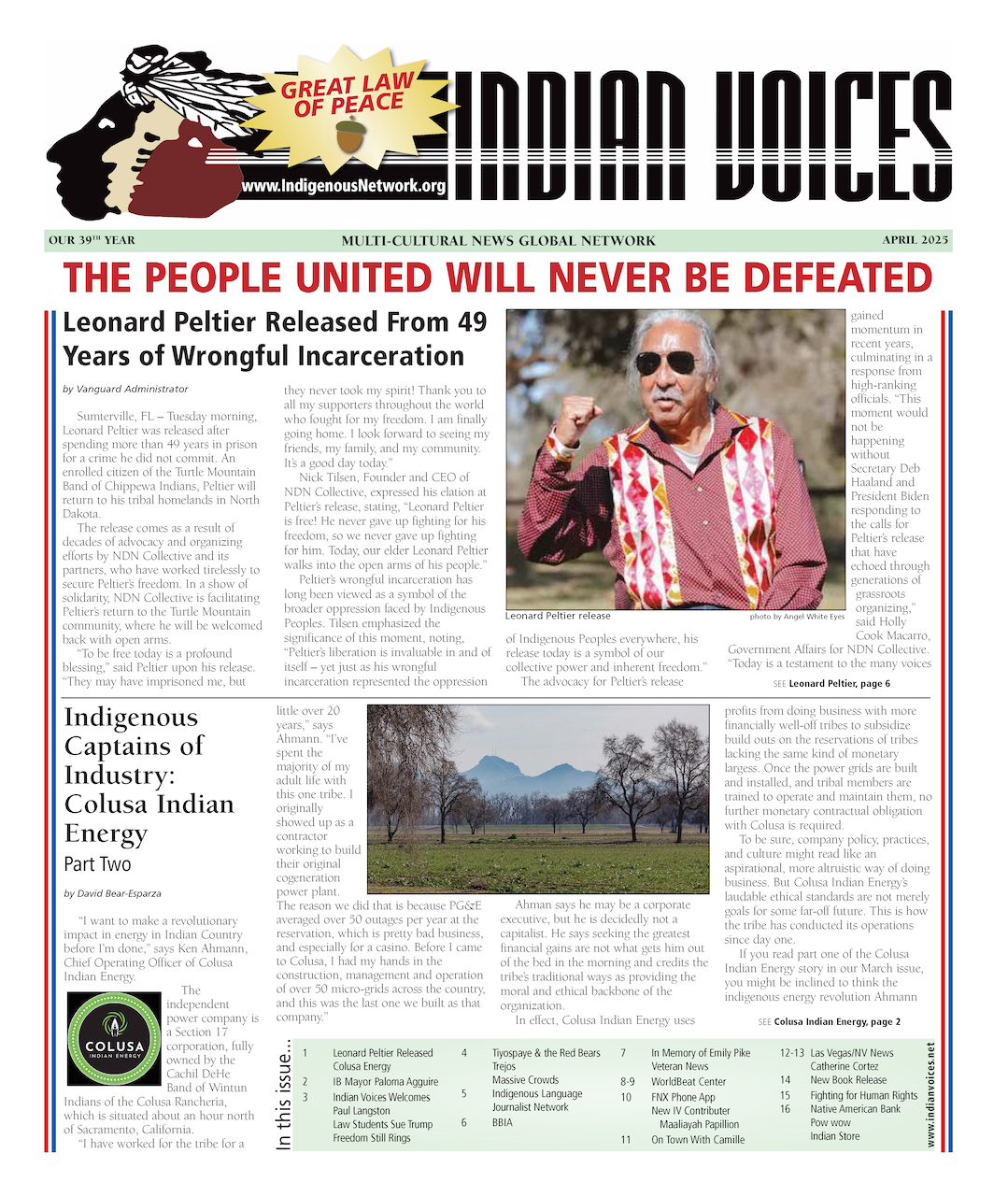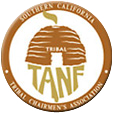February, 2013
Afro Americans as a particular group of African people in the Diaspora are a unique, beautiful, proud, special, and productive people. We have a rich expansive history, legacy of struggle, and achievement that is equally sacred and secular that has not only contributed to our development as a people but candidly speaking; our history has served as a model for other peoples who’ve struggled for justice in America and indeed throughout the world. While it is evident that our entire history as a people in struggle is worthy of our study there is specifically three major modal periods of our history worth mentioning. The noteowrthiness of these periods is because they serve as excellent examples of what Afro Ameircans have struggled for and achieved by embracing the Black Cultural Revolution.
According to Dr. Maulana Karenga in his text, Introduction To Black Studies (3rd ed.), The term modal periods of history is defined as those “periods which defines Black life in profound and enduring ways and speaks to the best of what it means to be African and human in the fullest sense.” Also for clarity, it is essential to provide an operational definition of history. Often time’s people see history as a collection of dates, names, and events of the past without a substantive element regarding what the people did, did not do etc. In the context of this writing history is defined as “the struggle and record of people humanizing the world, i.e. shaping in their own image and interest” Karenga (2002). It is living memory, accented by the messages it sends us and the challenges it brings and poses for us. Put another way, history reveals itself as a multifaceted human practice directed in its diversity toward self construction, social construction, and world construction.
Afro Americans cultural legacy and history has its roots beginning in ancient times on our ancestral land which we define as the Classical Period of our history. This is where the foundations of human civilization began and evolved. It is here in ancient Kemet (Egypt) as well as other ancient African societies where African people introduced to the world the basic disciplines, sciences, arts, and philosophy of human thought and activity. It is ancient Egypt where Jew and gentile, i.e. non-African peoples came to broaden the horizons of their mind, (James, 1993). Given this fact, it is imperative that we reflect upon our past in the spirit of Sankofa, which teaches us “it is not a crime to return to the source i.e. the past in order to build for now and in the future.” In fact the concept of Sankofa as it is conceived and implemented by the Akan people of western Africa encourages the utilization of our history not just as a reference; but more importantly as a resource for our continued development. We have too rich of a legacy at our disposal with our own set of standards as to how to rectify whatever situation in our community that needs to be addressed. In spite of the after effects of oppression by the ruling race and class; Black people continuously demonstrate adaptive vitality that not only guarantees our survival but also ensures our development that is yet to come into being.
The next critical period of our collective hisotry as an African people is the Maangamizi; the Holocaust of African Enslavement. (Maangamizi is a Swahili term for Holocaust- i.e. catastrophe, annihilation, devastation, disaster etc. It is derived from the verb -angamiza which means to cause destruction, to utterly destroy). It is in this particular context where we find a multitude of examples by our fore parents in steadfast resistance to the most inhumane practices of humankind that were carried out by the spineless and immoral European enslaver. Also it is during this period where as Afro Americans built relationships as allies, family, and ultimately blended community with the indigenous people of the western hemisphere we know as Indians. In fact our history as Black Indians is an integral of African /Indian contributions to the building of America. As our collective struggle against the European invader’s oppression helped shaped the African / Indian liberation struggle of modern times. Thus, when we correctly study the Holocaust of African Enslavement, one can learn valuable lessons of again the sacredness of our history and struggle and use those lessons to help shape our thought and actions in every facet of our lives. So instead of seeing a fictional entertainment project titled Django; we are obligated by our history and humanity to read the life and legacy of Nat Turner, Frederick Douglass, Denmark Vesey, Maria Stewart, Sojourner Truth, Yaa Asantewa; and the countless other men and women who gave their lives to the struggle for the liberation of Black people.
Clearly this is quite a different position than the folk who say “all Black people have is a legacy of being slaves.” It is these persons, clearly uninformed who suffer from a cultural and intellectual immaturity. These misguided people often state that “Black people are our own worst enemy.” A statement that is nothing more than an unjust indictment of us as people being pathological and pathogenic coming straight from the mind of our oppressor. Thus, accepting the oppressor’s reality as their own. Moreover, it is a statement that is morally, intellectually, and culturally wrong and is indicative of the mental illness one can develop as a result of submitting to the will of their oppressor. This is not unfathomable as Dr. Na’im Akbar (1984) refers to what he calls the Psychological Chains and Images of Slavery and many of us reference it as symptomatic of the Willie Lynch Syndrome. Subsequently, by embracing the lessons and legacy of our history we can effectively counter the negative effect of t Willie Lynch Syndrome
Thirdly, the last significant era of our history worthy of serious study as a guiding framework for Afro Americans today is the Reaffirmation of The 60’s. The sixties was above all, a reaffirmation of our Blackness; that is our Africaness. Also it was and remains a reaffirmation of our social justice tradition as a people who are self determined which has at its core a commitment to struggle to bring into being the good world. It is our collective works during this era that challenged America’s established order and shaped the character of this country and as we sought to set the scales of justice in their proper place. Thus, Afro Americans have been and remain the moral vanguard of this country as it is our struggle for justice that agai8n many people model themselves after in their seeking justice.
Karenga (2002) delineates four fundamental reasons to study our history as a frame of reference and resource for current work that we must engage in. First, he states that we study our history to learn its lessons. As Malcolm X taught, "Of all our studies history is best prepared to reward our research." Secondly, we study history to sense and absorb its spirit of human possibility. Thirdly, we study and celebrate history to extract and emulate its models of human excellence and achievement. It is Mary McLeod Bethune who taught that "We are heirs and custodians of a great legacy" and urged us to discover that legacy and to bear the burden and glory of that legacy with strength, dignity and determination. And finally Karenga contends that, we, as an African people, commemorate history in order to honor the moral obligation to remember those who paved the path down which we now walk, who gave their lives so that we could live fuller and more meaningful ones. This is the meaning of Fannie Lou Hamer's teaching that there are two things we all "must care about: never to forget where we came from and always praise the bridges that carried us over."
It my position that we are compelled by our people, the ancestors, and the creator to follow the aforementioned prescription offered by Dr. Karenga for the study of our history as an ongoing developmental process to engage the Black Cultural Revolution, i.e. the Black liberation movement. This movement will lead us to participate in the Black Cultural Revolution; it is of necessity to know exactly what is meant by ‘Black Cultural Revolution.” The Black Cultural Revolution is defined by Karenga in the philosophy of Kawaida as:
the ideological and practical struggle to (1) transform the cultural context in which people live; (2) transform the people in the process, making them self conscious agent of their own liberation,(3) build the institutional base to sustain and constantly expand that transformation,.
The Black Cultural Revolution has its roots beginning with our initial struggles against the enslaver first on the varied regions of continental Africa and it carried on to wherever our people landed though out the Maagamizi.
Quintessentially, it reached a comprehensive level of conceptualization and practical development in the 1960’s. It is in this era where it became cohesive and clarified in the Black Power era of the Black Freedom Movement. Even a cursory examination of gains that Black people made during this era will reveal this fact. Yes we have lost some of those gains through the lack of institutional capacity to maintain them. Yet as the honorable Marcus Garvey said “What humans have done, humans can do.” Therefore we can conceive it and we can achieve it through our own self determination, will, work, study, and struggle.
In closing, I contend rather than lament on a self imposed pity pot, or go through mental masturbation either reductively translating or fantasying about our history; let us embrace our history and its rich lessons inherent in the monumental stride and indomitable spirit of Black folk seeking to build a world where we, our children, and the generations yet to come can stand and walk freely in warmer sun.
References
Akbar, N. (1984), Psychological chains and images of slavery, New Mind Productions
Karenga, M. (2002) Introduction to black studies (3rd ed.), University Of San Kore Press, Los Angeles Ca
James, G.M. (1993), Stolen legacy: Greek philosophy is stolen egyptian philosophy: Africa World Press
Min. Tukufu Kalonji is Founder of Kawaida African Ministries,
For info contact @ This email address is being protected from spambots. You need JavaScript enabled to view it.






